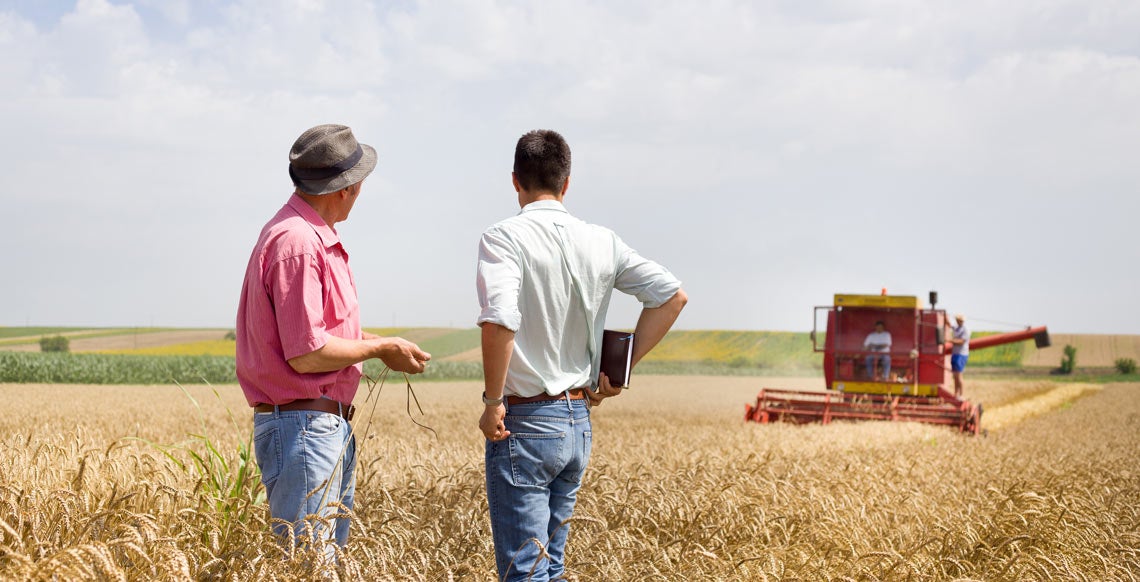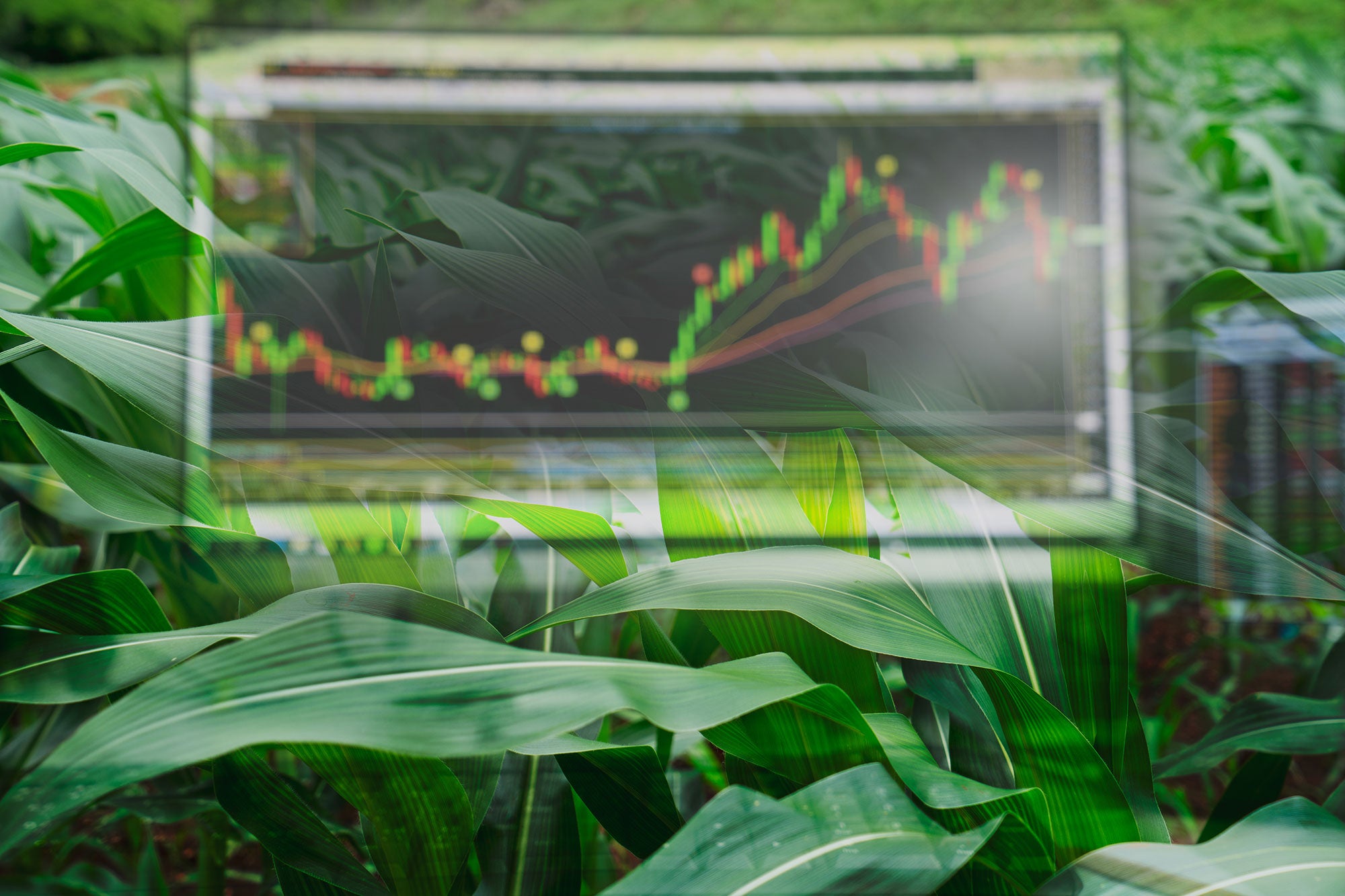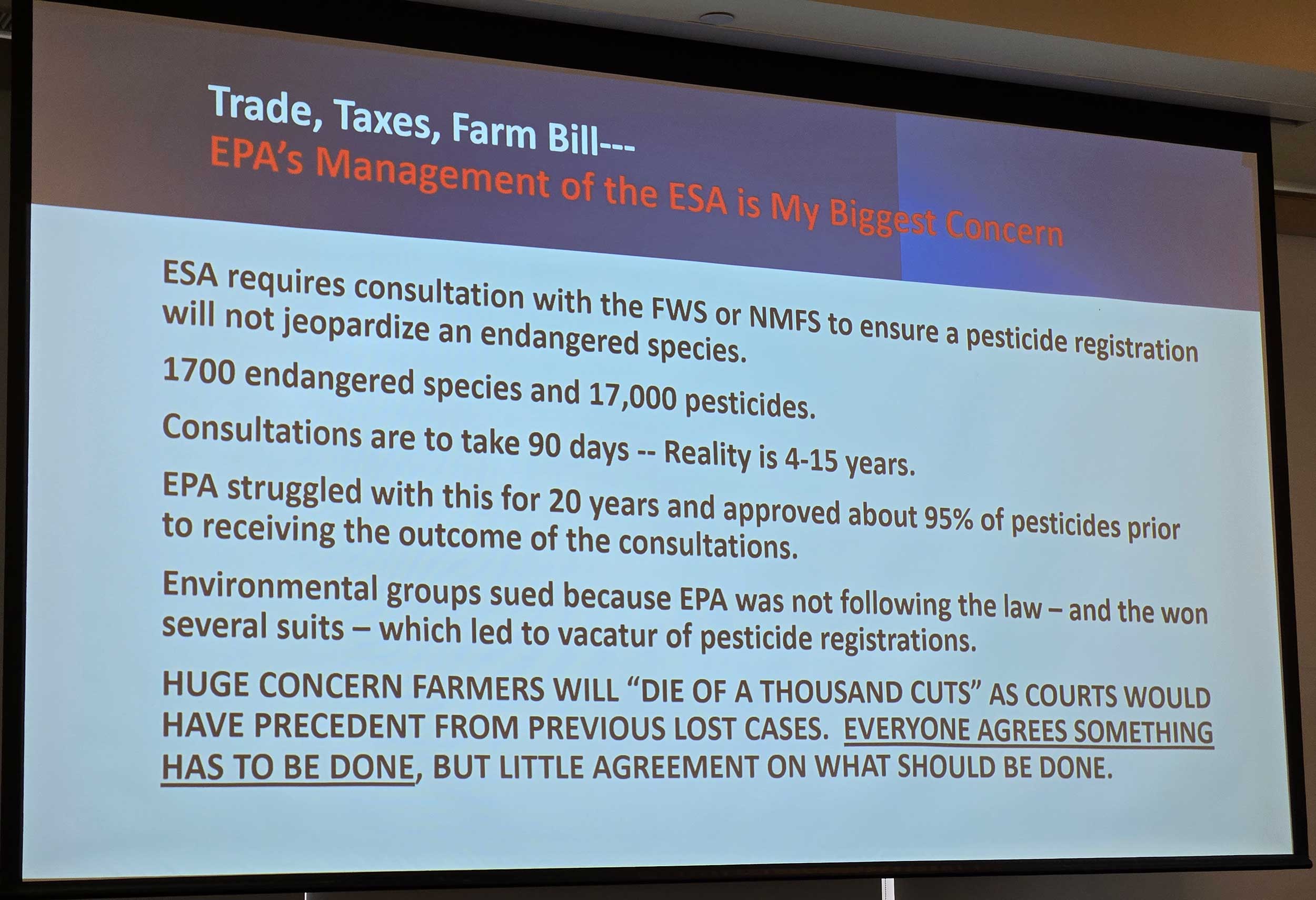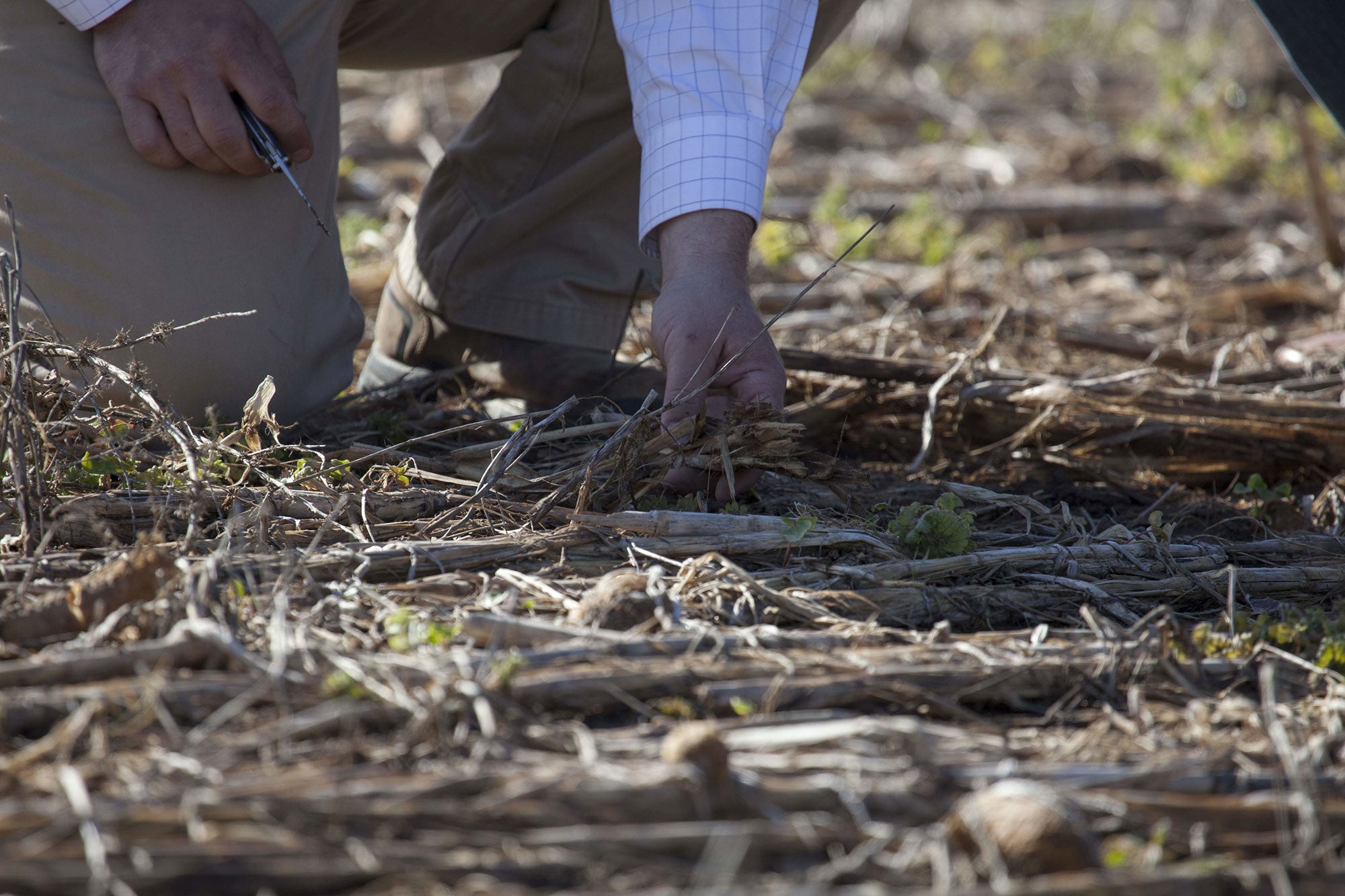Agricultural business, or agri-business, blends the worlds of agriculture and commerce, focusing on the production, management, marketing, and distribution of food and fiber products. With the growing complexity of the global food supply chain, careers in agricultural business are more essential than ever. Professionals in this field not only manage farms but also play key roles in finance, marketing, policy, and technology within the agricultural industry.
Here are my choices for the top 10 careers in agricultural business that are driving innovation and growth in the global food economy:
1. Agribusiness Manager
Agribusiness managers oversee the daily operations of farms or agricultural enterprises, ensuring that production processes are efficient and profitable. They manage everything from crop production to livestock care, budgeting, marketing, and employee supervision. Agribusiness managers need to be well-versed in both farming practices and business principles to keep operations running smoothly.
Skills needed: Leadership, financial management, knowledge of agricultural practices, and strategic planning.
 Image courtesy of Syngenta
Image courtesy of Syngenta
2. Agricultural Economist
Agricultural economists analyze trends and data related to agricultural production, trade, and consumption. They provide insights into how various factors like policy changes, market fluctuations, and environmental conditions impact the industry. Agricultural economists work with government agencies, financial institutions, and agribusinesses to forecast trends, advise on pricing strategies, and guide decision-making.
Skills needed: Data analysis, economics, knowledge of market trends, and forecasting abilities.
3. Farm Loan Officer
Farm loan officers, often employed by banks or government agencies, specialize in providing financial services to farmers and agribusinesses. They evaluate loan applications, assess the financial health of farming operations, and help clients secure financing for land, equipment, and operational expenses. These officers play a critical role in keeping farms financially viable and competitive.
Skills needed: Financial analysis, understanding of agriculture, customer service, and risk assessment.
4. Agricultural Marketing Specialist
Agricultural marketing specialists work to promote and sell agricultural products, whether it’s produce, livestock, or processed goods. They develop marketing strategies to reach target audiences, often working directly with farmers, cooperatives, and agribusinesses. These professionals also monitor market trends, negotiate contracts, and create branding and advertising campaigns to drive sales.
Skills needed: Marketing, consumer behavior, negotiation, and understanding of agricultural products.

 Image by Nokwan007, Shutterstock
Image by Nokwan007, Shutterstock
5. Supply Chain Manager
Supply chain managers in agriculture oversee the entire production process, from sourcing raw materials to delivering final products to consumers. They coordinate logistics, manage supplier relationships, and ensure that products move efficiently through the supply chain. With the global nature of the food industry, supply chain managers are essential in ensuring that food products are delivered on time and at the right cost.
Skills needed: Logistics, problem-solving, negotiation, and project management.
6. Agricultural Policy Analyst
Agricultural policy analysts study and evaluate the effects of policies on the agricultural sector. They work with government agencies, research institutions, and think tanks to analyze how regulations, trade agreements, and subsidies affect farmers and agribusinesses. Policy analysts provide recommendations to lawmakers on how to improve the agricultural economy and address issues like food security and sustainability.
Skills needed: Policy analysis, research, communication, and a deep understanding of agricultural legislation.

 Slide courtesy of Syngenta
Slide courtesy of Syngenta
7. Agricultural Sales Representative
Agricultural sales representatives sell products and services to farmers, such as seeds, fertilizers, machinery, and technology. These representatives need to understand the specific needs of their clients and provide tailored solutions to improve farm productivity. Sales reps build relationships with farmers, attend trade shows, and stay up-to-date on the latest agricultural trends to effectively sell their products.
Skills needed: Sales, customer relationship management, product knowledge, and negotiation.
8. Agricultural Commodities Trader
Agricultural commodities traders buy and sell commodities like grains, livestock, and dairy products on global markets. They analyze market trends, supply and demand factors, and economic conditions to make profitable trading decisions. These professionals play a key role in stabilizing food prices and ensuring a steady flow of agricultural products worldwide.
Skills needed: Market analysis, risk management, financial acumen, and knowledge of commodity markets.
9. Sustainable Agriculture Consultant
Sustainable agriculture consultants advise farms and agribusinesses on how to adopt environmentally friendly practices while maintaining profitability. They provide guidance on reducing waste, improving water and soil management, and integrating renewable energy sources into farming operations. As sustainability becomes increasingly important to consumers, sustainable agriculture consultants are in high demand.
Skills needed: Environmental science, knowledge of sustainable practices, problem-solving, and project management.

 Image courtesy of Corteva Agriscience
Image courtesy of Corteva Agriscience
10. Agricultural Extension Agent
Agricultural extension agents work as liaisons between universities, research institutions, and farmers. Their job is to bring the latest research and technology to the farming community, helping farmers improve their practices, increase yields, and adopt new technologies. Extension agents often specialize in specific areas like crop management, livestock care, or farm economics, and they offer workshops, field demonstrations, and one-on-one consultations.
Skills needed: Communication, agricultural expertise, problem-solving, and public speaking.
As farms continue to grow in size and complexity, professionals with a strong understanding of both agriculture and business will be crucial to managing the financial, logistical, and technological aspects of food production. The rise of agtech, such as precision agriculture, digital supply chains, and automated machinery, will create new opportunities for those with the skills to integrate these innovations into farming operations.
Moreover, sustainability and environmental stewardship are becoming central to agricultural business, as consumers demand more transparency and eco-friendly practices. Careers like sustainable agriculture consultants and policy analysts are likely to become even more important as the industry adapts to these pressures.
Agricultural business offers a wide array of career opportunities that combine the challenges of farming with the complexities of global commerce. Whether you’re interested in managing a farm, shaping agricultural policy, or developing innovative marketing strategies, the agri-business sector has something for everyone!
Michelle Miller, the Farm Babe, is a farmer, public speaker, and writer who has worked for years with row crops, beef cattle, and sheep. She believes education is key in bridging the gap between farmers and consumers.
Sponsored Content on AGDaily





